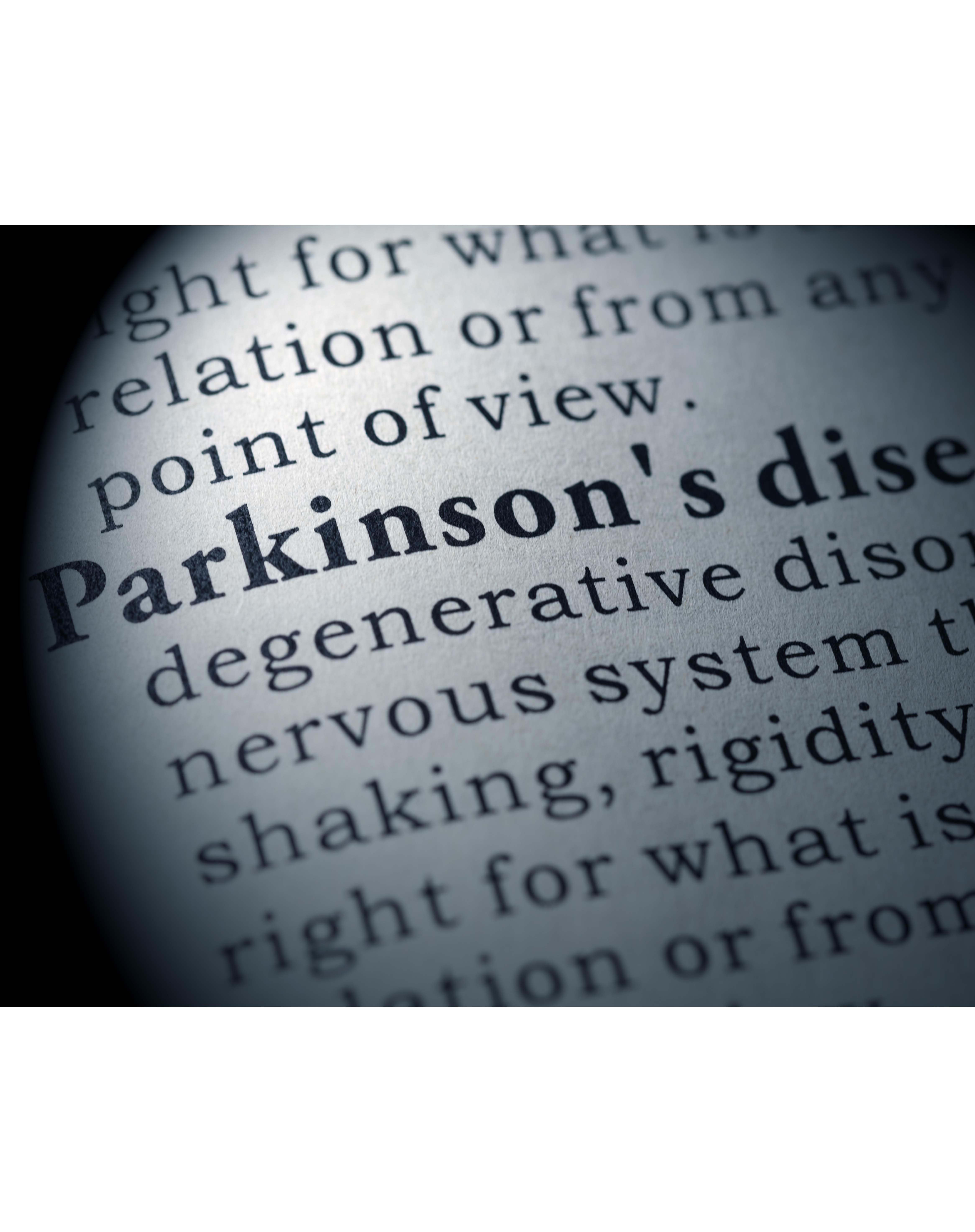UAMS attains national designation for outstanding patient care for Parkinson’s Disease
August 1-7, 2022
By The Daily Record Staff
The University of Arkansas for Medical Sciences (UAMS Health) has been designated a Comprehensive Care Center by the Parkinson’s Foundation Global Care Network for providing outstanding care to Parkinson’s disease patients.
The designation recognizes medical facilities with specialized teams that provide evidence-based Parkinson’s disease care. It signifies that the UAMS Movement Disorders Clinic has met rigorous standards of excellence in the areas of comprehensive clinical care, community education and resources, and community outreach.
The Parkinson’s Foundation created the Comprehensive Care Center designation in late November and plans to apply it to just 15 medical centers across the country over the next five years. UAMS is one of only six medical centers nationwide to attain the designation so far. The others are in Connecticut, Hawaii, Louisiana, Michigan and Tennessee.
“We are grateful to receive this designation, which is an indication of the hard work constantly going on behind the scenes of our Movement Disorders Clinic and our desire to provide the best possible care and resources for Parkinson’s patients across the state,” said Dr. Lee Archer, professor and chair of the UAMS College of Medicine Department of Neurology. “I also want to specifically recognize Dr. Rohit Dhall, who is our vice chair for research and heads up the movement disorders subspecialty, since he did the lion’s share of the work to get this accomplished.”
Dhall, a professor in the UAMS College of Medicine Department of Neurology, credited the clinic’s multidisciplinary team for the national recognition. The team includes neurology, neurosurgery, neuropsychology, health education, social work, clinical research and rehabilitation/therapy services.
“I also want to recognize the support of the UAMS Translational Research Institute,” which enabled the center to establish clinical trials aimed at treating the disease and slowing its progression. Grants from the institute also provided funding to create a Virtual Parkinson’s Education library and a statewide telemedicine project, both of which won praise from the Parkinson’s Foundation site visitors, Dhall said.
Without the institute’s support, Dhall said, he also wouldn’t have been able to hire a health educator who, assisted by philanthropic support through the UAMS Office of Institutional Advancement, established an ongoing series of Art for Parkinson’s workshops and a cooking with Parkinson’s program.
Dhall also acknowledged support from a Chancellor’s Grant Award; UAMS’ nursing education team for implementing a curriculum focused on keeping Parkinson’s patients safe in the hospital; and Alan Diamond, D.O., a movement disorders specialist who is an adjunct faculty member at the UAMS Northwest Regional Campus, and “has been integral to the outreach and patient education parts of our program.” To retain the Comprehensive Care Center designation, UAMS must be recertified after three years.
Parkinson’s disease is a progressive nervous system disorder that is associated with a loss of motor control, such as shaking or tremor at rest and lack of facial expression, as well as non-motor symptoms such as depression and anxiety. Although there is no cure for it, Dhall and his clinical trials team have several trials for slowing disease progression, especially for newly diagnosed patients who are not on medicines for Parkinson’s disease.
Parkinson’s disease affects an estimated 10 million people worldwide, 1 million Americans and 6,500 people in Arkansas. It is the second most-common neurodegenerative disease after Alzheimer’s and is the 14th-leading cause of death in the United States. Each year, 60,000 new cases are diagnosed in the United States.
The Parkinson’s Foundation’s mission is to make life better for people with Parkinson’s disease by improving care and advancing research toward a cure. It has invested more than $400 million in Parkinson’s research and clinical care since 1957.



